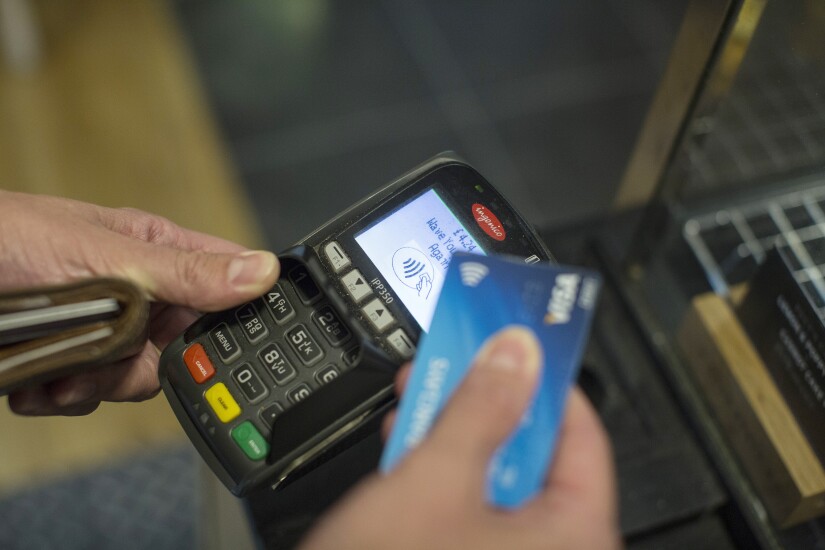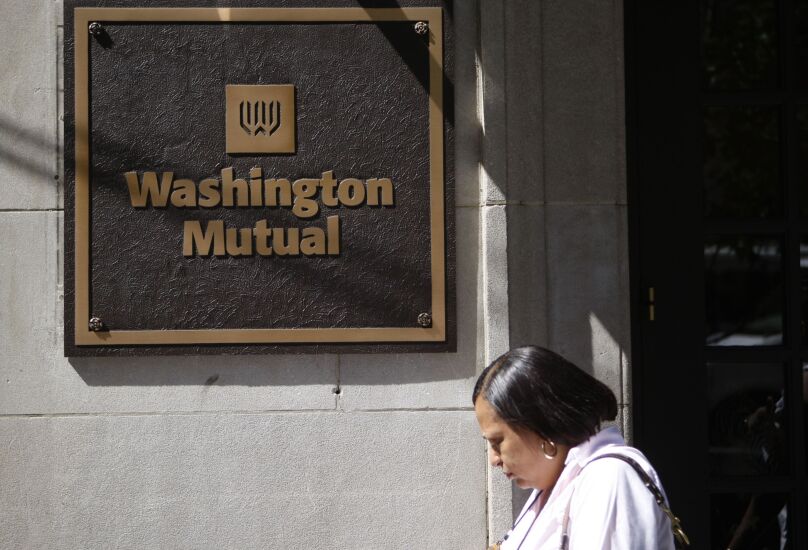In April's roundup of American Banker's favorite stories: Investigations of PPP fraud ramp up, U.S. Bank responds to concerns regarding capital levels, what happened to the trend of bank purchases and more.

PPP fraud investigations heat up. Who will be hit next?
PPP was hastily designed at a time when it felt like the world was falling apart. A pandemic had gripped not only the U.S. but the world as well. Amid the volatility, Americans had bills to pay — restaurants had to make rent, store owners had to pay for inventory that was previously ordered but would sit unsold on shelves, and workers needed to buy groceries and other essentials.
To prevent an economic collapse, Congress passed the Coronavirus Aid, Relief and Economic Security Act, or CARES Act, in late March 2020. That $2.2 trillion stimulus package included an initial $349 billion earmarked for the Small Business Administration to provide loans to employers so they could cover expenses, including payroll, until the pandemic subsided enough for the economy to return to some level of normalcy. The hope was that these funds would help prevent mass layoffs. And the loans would be forgivable if the borrowers met certain criteria.

Ex-Wells Fargo executive Carrie Tolstedt shows up in court
Tolstedt stood before District Court Judge Josephine L. Staton at the federal courthouse in downtown Los Angeles and entered a plea of "not guilty," to the criminal charge of obstructing a bank examination. If found guilty, Tolstedt would become the highest-ranking executive at Wells Fargo to go to prison for the
Prosecutors said Tolstedt failed to disclose to federal bank examiners the number of Wells Fargo employees who had been fired or resigned for opening millions of bank accounts without customer authorization.

Ten payment companies putting point of sale into smartphones
While firms like Block have long offered hardware attachments to phones to accept credit cards, new options allow the phones to act as point-of-sale devices without an attachment. Called tap to pay or softPOS, this technology minimizes the work required for merchants and, along with other innovations such as checkout-free store design, can push in-store terminals deeper into the past.
"SoftPOS is the next step in the evolution of payment acceptance in the physical world," said Thad Peterson, a strategic advisor at Aite-Novarica. "With no hardware cost, full portability and no need for an extensive POS back end, SoftPOS is ideal for micro merchants who have previously had to use a dongle to enable card payments."

U.S. Bank fires back after its capital levels face scrutiny
The April 17
But U.S. Bancorp executives pushed back on that idea, saying there is no need to raise capital at this point. That's because U.S. Bank's parent company expects to generate capital on its own, in part from earnings that will arise from last year's

Hall of shame: 10 biggest bank failures
Here's a look at the top 10 bank failures by asset size, according to data from the Federal Deposit Insurance Corp.

NCR was hit with a ransomware attack. Here's what bankers need to know.
While NCR has not specified the strain of ransomware that infiltrated the data center, ransomware development group Alphv briefly claimed responsibility for the attack in a post to its blog,
On April 17, NCR

Why is no one buying banks?
Banks contend that with all else being equal, credit unions should have an advantage in mergers and acquisitions because their tax-exempt status gives them more cash to make deals. But with economic and regulatory pressures hitting banks and credit unions alike, this advantage isn't enough to get credit unions back in the game.
"It doesn't seem to be a seller's market right now," said Rodney Showmar, CEO of Arkansas Federal Credit Union in Jacksonville, Arkansas. "Lower [net interest margins] are hurting profit, and investment portfolios may be so far underwater that it deteriorates values."

'Few options left': Why First Republic is backed into a corner after Q1
The San Francisco bank, which has teetered after the failures of Silicon Valley Bank and Signature Bank last month, reported its highly anticipated quarterly results. Observers who wanted substantial detail on the bank's condition were disappointed, since executives did not take questions from analysts.
The quarter was "worse than I thought," with deposit outflows coming in much higher than expected, said Tim Coffey, an analyst at Janney Montgomery Scott. Skipping the usual question-and-answer session with analysts is a sign that the bank "feels that it has few options left," he said.

Bank crisis puts money market funds back in the spotlight
Between March 8 and March 22, total commercial bank deposits declined by $300 billion, according to Fed data. During that same period, money market funds ticked up $238 billion.
It is unclear how many of those deposits went directly from banks to money market funds, but some in and around the banking sector worry that the Fed's Overnight Reverse Repurchase Program has made it easier for funds to move in that direction.

FedNow's rollout might get complicated by misinformation
I don't want to be too specific in outlining the accusations and aspersions about FedNow that were floating around out there. Part of that is because wrong information doesn't need to be amplified, and part of it is because
As dedicated readers of American Banker will know, the Federal Reserve announced





